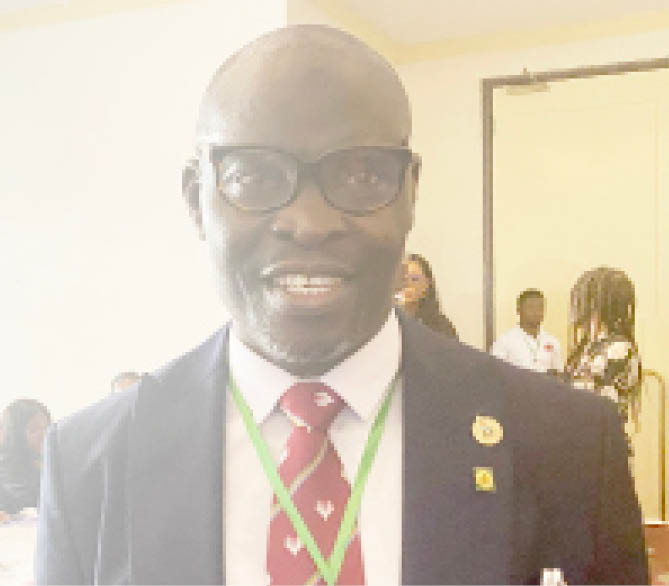The national president of the Transplant Association of Nigeria (TAN), Fatiu Arogundade, is a professor of Medicine and consultant nephrologist. In this interview on the sideline of the fifth biennial conference of transplantation in Nigeria, he speaks on the need to encourage deceased organ donations and says any unethical conduct in kidney harvest among members should not go unpunished.
What was the key takeaway from this year’s conference on how to advance organ transplantation in Nigeria?
This is the fifth biennial conference of the Transplant Association of Nigeria and the theme is ‘Advancing Organ Transplantation in Nigeria: The journey so far.’ We have X-rayed and discussed transplantation generally, and we know that things have improved a little bit. However, there are major challenges, one of them is funding of transplantation and another challenge is organ sourcing. Infrastructural development can come along but if we can overcome these major challenges, other centres will be able to develop.
The challenge of funding can be handled by the government because we believe that an all-encompassing national health insurance package that will take care of renal disease patients will be able to take care of transplantation. So, if we have such, the premium may be increased a little bit, it may not be the premium that is charged to other patients but you will then be able to take care of them when they have renal disease. Why are we advancing transplantation? It is because in the long run, kidney transplantation is the most cost-efficient treatment. The capital outlay at the time of transplantation may be huge but by the time you compute the expenditure over a two-to-three-year period, it evens out. And by the time the patient now survives for periods ranging between five, 10 and 15 years, you then know that it is the most cost-efficient therapy. In addition to that, the majority of patients that are dialyzed, die within five years. In fact, in many public hospitals, hardly do they survive beyond three months. But if they are given a transplant, they survive for five, 10, 15 years, from the records we have. So, we believe that transplantation should be the goal.
How do we further advance organ donation? We need to be able to develop deceased organ donations and how do we do that? The National Health Act of 2008 has already proposed a mechanism for setting it up. All we need is all stakeholders to come together, coordinated by the Federal Ministry of Health and we will be able to get all institutions that are involved together and the National Tertiary Health Commission will be able to coordinate organ harvesting from willing donors. Such can then be transported to any part of the country where they are needed. But the structure has to be put in place for us to organize deceased donations. If we overcome the problem of funding and organ sourcing, other infrastructural problems that we have will be surmounted.
There are emerging cases of private hospitals looking the other way while kidneys are sourced illegally, especially from minors. What kind of responsibility can we place on these hospitals?
We talked about ethical kidney donation. It has to be ethical. The age at which somebody can donate is very clear. If somebody has done something that is wrong, then the law should take effect. However, we believe that everything should be properly investigated and the truth must be confirmed, because we wouldn’t want an innocent person punished unnecessarily. However, if someone has done anything unethical, the person should be held to account.
As TAN, do you get reports of some of these unethical conducts and what is the top on the list?
We have always been advancing that transplantation should be ethical, we have never received a direct report to TAN complaining about unethical practice of any of our members. There is no meeting we have had in the last 16 years or thereabouts that we did not discuss ethical issues in transplantations. The fact is that, in transplanting, in donating, you must do no harm to the donor or the patient, and of course, you cannot use a minor.
What is TAN doing to ensure the Nigerian government sets up a regulatory body for organ harvesting and transplantation?
We have discussed this with the previous government and we will also discuss it with the present government. We will discuss it to see what can be done.

 Join Daily Trust WhatsApp Community For Quick Access To News and Happenings Around You.
Join Daily Trust WhatsApp Community For Quick Access To News and Happenings Around You.